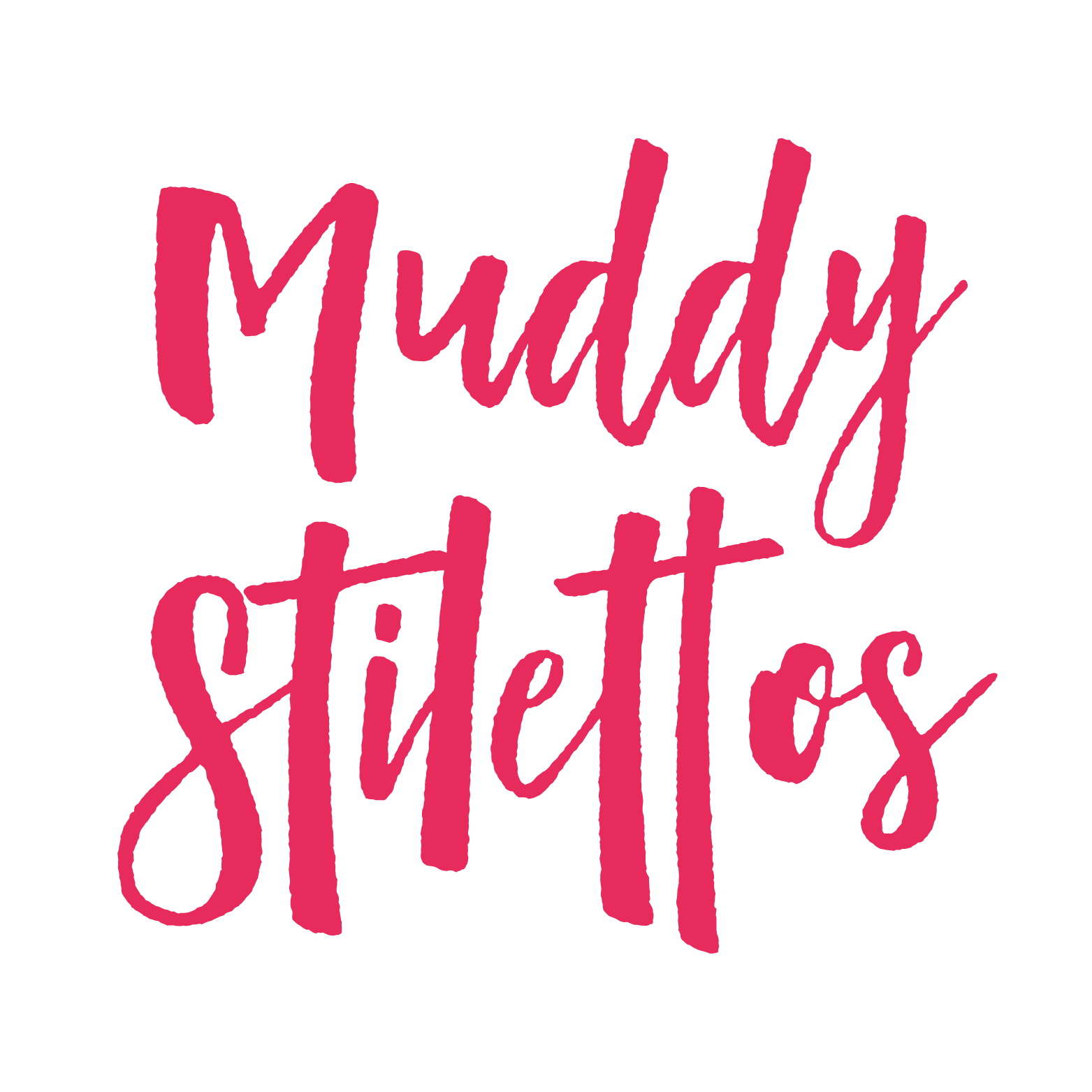Studying the texts produced in a language is a fascinating window into the culture, beliefs, traditions and events of different societies. Language A: language and literature involves students in the examination of how meaning is created, in context, through written English and in turn enables them to create their own meaning in their writing.
On this course students develop an understanding of how to interpret written and spoken English texts from a wide range of literary forms (e.g. prose, drama, poetry, etc) and non-literary text types, including those viewed in the media (e.g. blogs, articles, journals and so on). They also hone their ability to critically analyse English texts, language choice, the writer’s intention and the effect of texts in context through the study of between 4 and 6 literary works from across different eras, forms and regions. Examining the writer’s craft is central, with students engaging with various elements of stylistic, rhetorical, literary and performance craft.
This broad study of literature and text types yields an understanding of how language, culture and context determine meaning, with the course assessed through written papers and oral presentation of student’s analysis of literary and non-literary work. Higher level students also produce a piece of coursework examining texts in more depth.
The specific texts studied is subject to planning undertaken each year to ensure students study some of the very best that has been written. The language A: language and literature English course ensures students understand the complex and dynamic nature of language, whilst enjoying the study of great works that reflect the human experience and shape our world. Students will consider their own interpretations and how they are affected by culture and experience, whilst also engaging with various critical perspectives. Aside from this analytical appreciation, students also develop their listening, speaking, reading, writing and presenting aptitude, skills that support their study elsewhere on the IB Diploma.

















